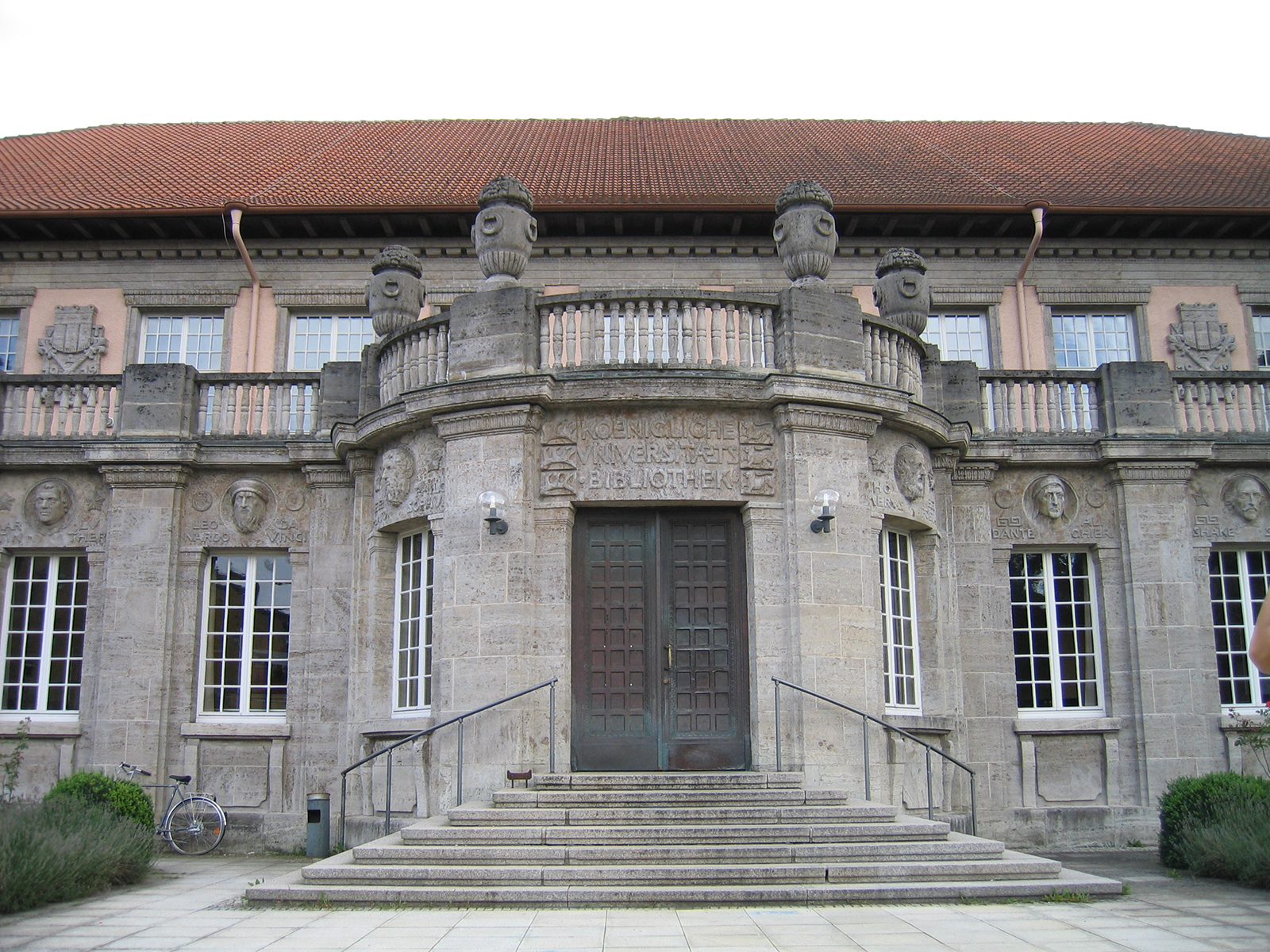University Of Tübingen Research Team Examines Gender Equality Promoting Economic Growth
Research team examines 27 countries in Europe since the end of the Middle Ages – ability to deal with numbers crucial for economic development
In countries and regions of Europe where women married late, the economy has developed better over the past 500 years. This is the conclusion of a study by economic historian Alexandra de Pleijt from the University of Wageningen in the Netherlands and economic historian Jörg Baten from the University of Tübingen. The study was published in the journal World Development .
“Early marriage shortened the time that young women could be employed on the farm or in the labor market. After marriage, the women were then restricted to household life,” explained Jörg Baten, Professor of Economic History at the School of Business and Economics in Tübingen. The age at marriage is therefore considered by economists as a measure of gender equality.
The research team has now been able to prove for the first time that women develop “numerical skills” better the longer they are independent. “Numerical skills” refer to dealing with numbers, proportions and probabilities. They can also be acquired without formal schooling and are considered by economic historians to be an important prerequisite for the economic development of a society.
Baten and de Pleijt evaluated censuses and records of “witch trials” from 27 countries and 153 regions in Europe from the 16th century to the late 19th century. If women rounded their age up or down to tens or fives during questioning and interrogations, they often lacked a precise idea of the number. In regions where marriages took place early, women rounded off their age particularly frequently.
Thereafter, Baten and de Pleijt related the average age at marriage to numerical ability. In the Alpine region and in Central and Northern Europe, women between 1500 and 1900 did not marry until their mid-twenties and were significantly more likely to give their exact age. In eastern and south-eastern Europe during the same period, women on average married before the age of 20 and rounded up or down more often – so they had not learned the same numerical skills.
“Economic development was better in regions where women married late and developed numerical skills better. This is also where the industrial revolution took place in the 19th century,” says Alexandra de Pleijt, researcher in the Department of Economic and Environmental History at Wageningen University. The connections were shown in the statistical evaluation both between regions and countries, as well as over the centuries.
The influence of women becomes more understandable when their role in the upbringing and education of their children is taken into account. “If mothers had numerical skills themselves, they could encourage their sons and daughters to learn these skills and thus influence the overall economic development,” says de Pleijt.
The research team sees one reason for the cultural differences in terms of the age at marriage in livestock and farming in the Alpine region and in Central and Northern Europe: milking and feeding the cows does not require as much muscle power as plowing fields and the harvest of grain. “For this reason, in rural societies that are more heavily based on livestock and dairy farming, women play a more important role in the work processes and only had to marry later,” explained Baten.
The team of authors draws parallels from the historical study to current developments in some parts of the world. In regions with low gender equality, such as South and Central Asia, numerical skills also developed more slowly – and the economy grew correspondingly more slowly.

